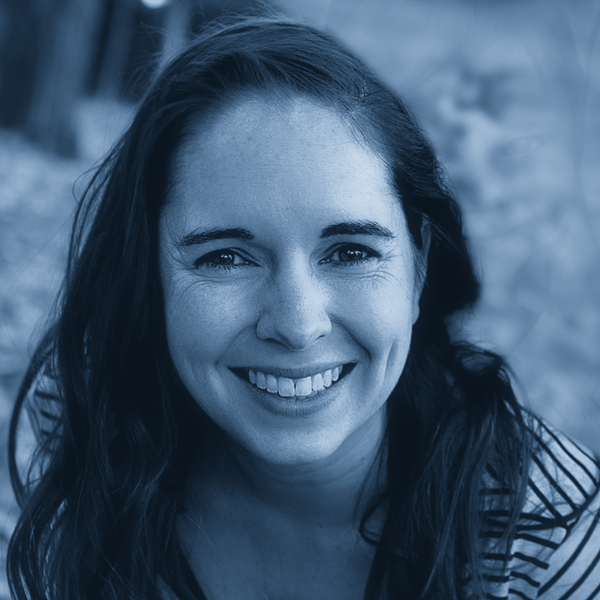For 17-year-old Tony Furlong, joining the Canadian Armed Forces seemed like the sensible thing to do. It was 1941, and a well-paying job – or any paying job for that matter – was hard to come by, especially for someone so young. By joining the forces, he could travel, see the world and even make a bit of an income while he was at it.
“I had no money,” he explained. “And the people I worked for had no money. There were no jobs for anyone, not even in the factories at that time.”
On May 1 of that year, young Furlong packed up a few belongings, set out in the early morning and made the nearly 60-kilometre trek from his hometown of Moorefield into Kitchener where he added his name to a long list of volunteers. The Canadian Forces took him in on the spot and the very next day he found himself en route to
Camp Borden, in another part of Kitchener.
He went through boot camps, active army training, tank and gun training and more before stepping onto the ship that would carry him and a few hundred other young soldiers to their first post in England on the cold morning of Nov. 11, 1941.

He spent two long years in England training with boats and tanks and guns; training so intense that it nearly killed him.
“We were practicing with bayonets and I was struck, in the chest,” he said. “If it hadn’t been for the harness, I would have been killed. The British were losing the war at the time so they certainly took their training seriously.”
After eight weeks in the hospital for his injuries, Furlong was transferred to the tank corps, where he was trained in the use of radios and tank guns. He also completed three parachute jumps in case he was sent in by plane.
“There was no playing around then,” he said. “If they were going to train you, they were going to train you right.”
His duty included time spent in England, Italy, France, Belgium and Holland.
“We were quite successful at our jobs,” he explained. “We used up a tremendous amount of ammunition in Holland and we were on the go from morning until night with the machine guns and all kinds of artillery.”
All told, Furlong spent nearly four years overseas fighting before the war ended in August 1945.
For Furlong, arriving home was not the happy reunion that we often see in the movies – hugs from overjoyed family members and long-lost friends. Both of his parents died when he was quite young and his four years away from his hometown had made maintaining friendships difficult.
“Nobody was there to meet me on my arrival or anything like that,” said Furlong, who finished his time with the Fifth Armoured Division when he was 21 years old. “I walked about six miles.”
Now, almost 69 years to the day after he set out on that ship on Nov. 11, 1941, Furlong has six small medals which hang from his Royal Canadian Legion jacket to commemorate those years; one for volunteer service, one for the defense of Canada, another for the defense of Britain, the star of Italy, and for service in France, Holland and Germany.
Following the war, Furlong started work on a farm in Drayton. His transition back to civilian life saw him get married and raise six children, four of whom are his wife’s from her first marriage. He plans to spend Remembrance Day at home, watching the ceremonies on TV – at 87, it is difficult for him to move around too much.
“These days, Remembrance Day makes me think of catching a cold,” said Furlong with a laugh. “Pneumonia from sitting outside. That’s what killed a lot of the soldiers – the Veterans Day parade.”
As he was very young when he served in the military, Furlong says the melancholy that settled in on many soldiers at the time did not affect him as much.
“It never really dug into me the way it did some soldiers,” he explained. “But remembrance is very important. This is a good time for remembering our past, and for recalling memories like we are doing now,” he said. “Just getting together for a talk.”







